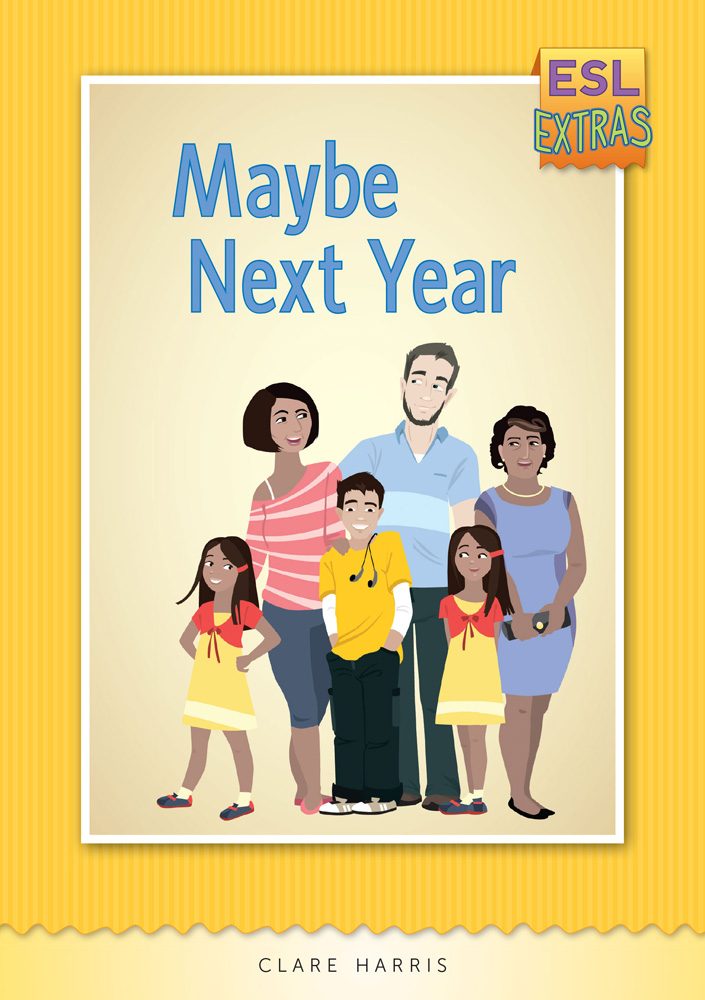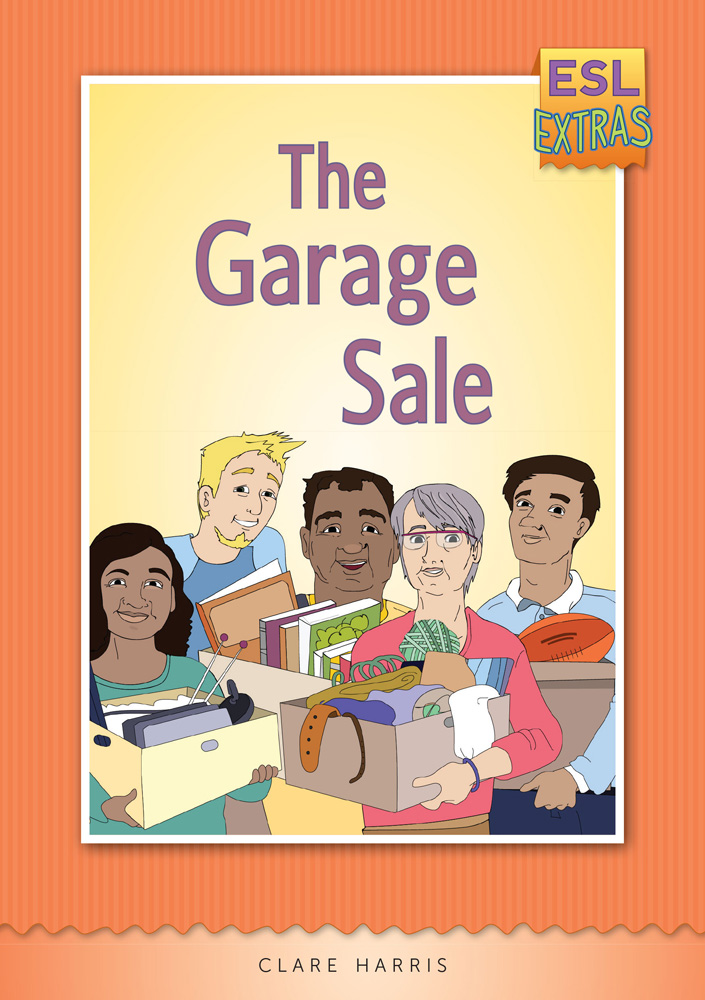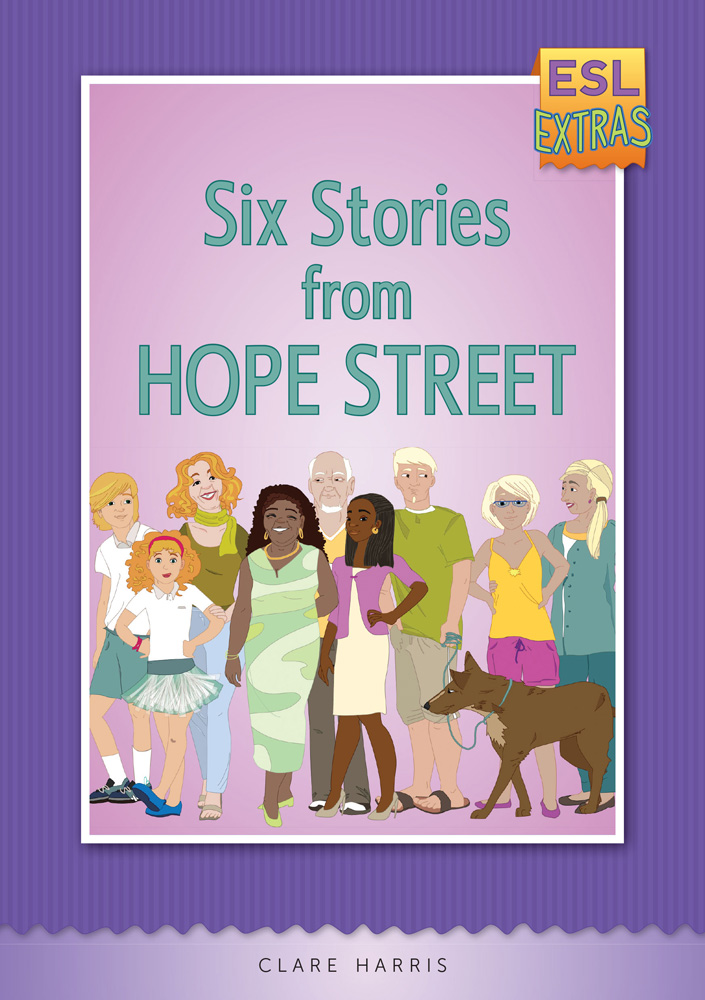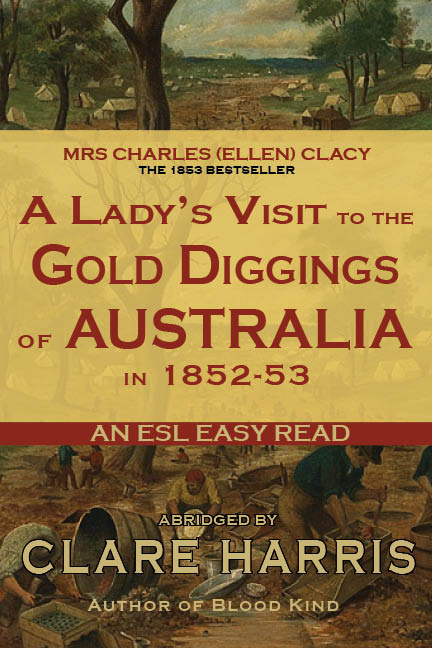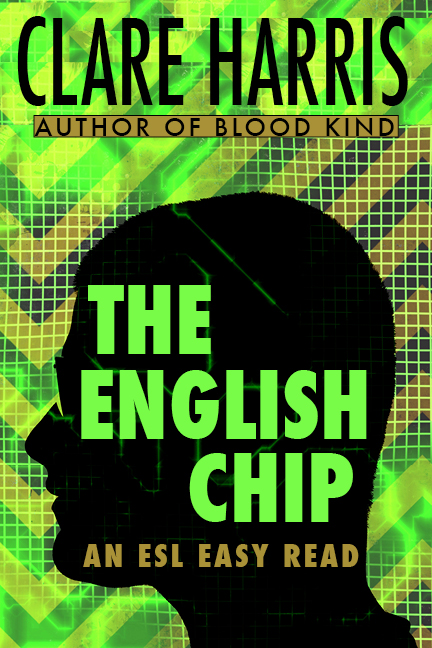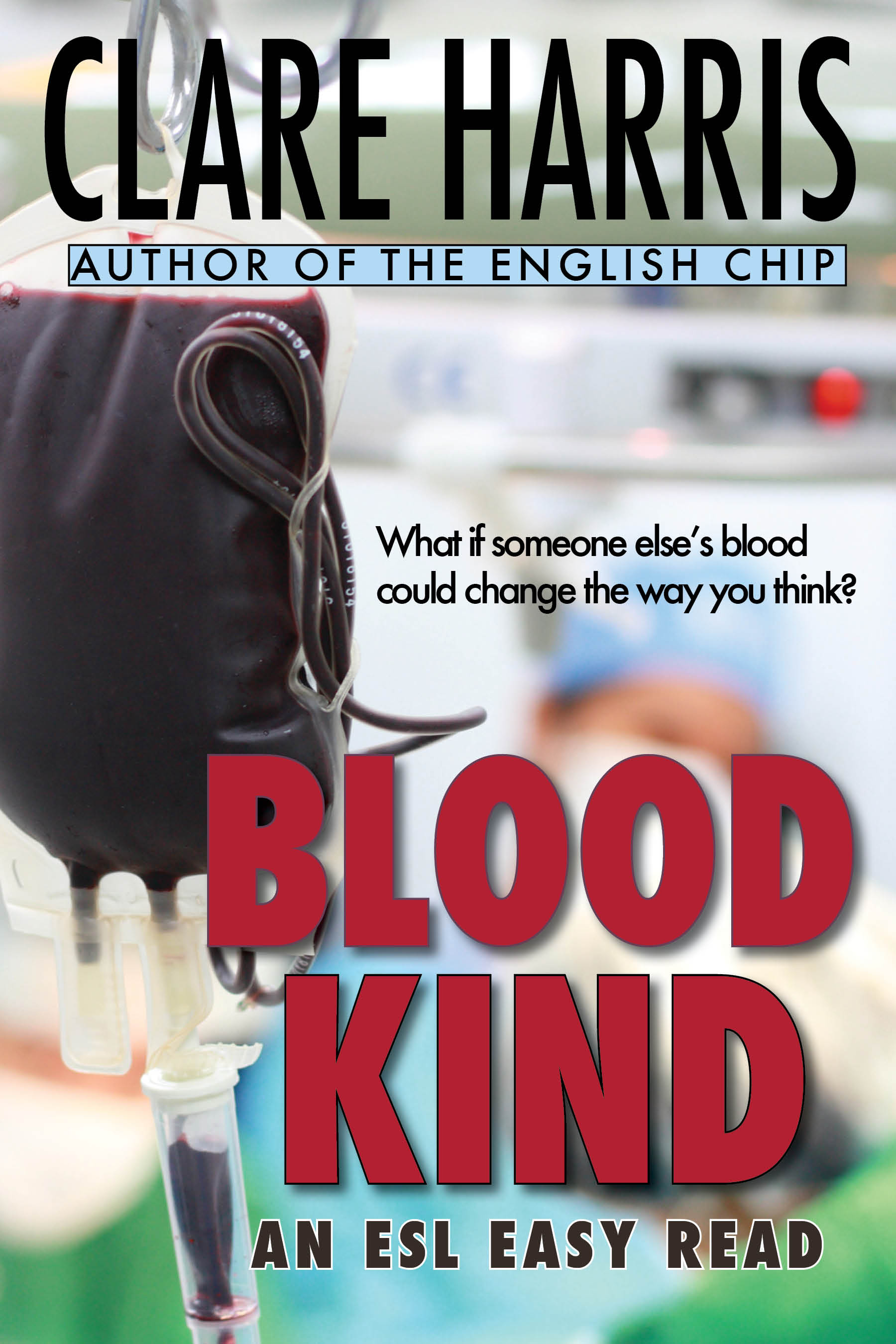Pre-employment for beginners: the resource list
From July 2017, our national AMEP (Adult Migrant English Program) will change. Providers will be offering both a Social and a Pre-Employment English stream – at all levels. Teachers are looking around the bookshelves to see what’s there that’s not out of date (agencies change names, print ads disappear…). Some may have concerns, addressed a decade ago in the 2006 AMEPRC paper Teaching Strategies – 2 … Continue reading
More CPSWE materials for prelim (literacy) learners
After my last post on materials for preliminary (CPSWE) learners here in Australia, I had some more suggestions; big thanks to Judy, Manjit, Lesley, Jakki and Natalie. (If I’ve missed anyone’s suggestions, please let me know.) I’ll update that post too. (UPDATE: I’m now teaching Initial Course and Course in EAL, but of course the resources listed here are just … Continue reading
Pre-employment English for beginners?
I’m going to give a link to my latest post from my other blog, at ‘The Book Next Door’. It’s a list of ways you could still use the ESL Extras reading books in a Pre-Employment class – not by pretending the books are all about employment, but by pulling out threads that invite discussion. It’s a massively long post – the kind … Continue reading
CPSWE resources: what’s around for ‘prelim’ ESOL learners?
If you’re teaching adult ‘prelim’, CPSWE, Initial Course in EAL, ‘pre-beginner’ or ‘literacy’ students in an ESOL class, you’re probably making a lot of your own materials. Your classroom cupboards are filled with word and letter cards, ‘play money’, food and medicine packets and supermarket flyers. Your reading materials are based on excursions or ‘learner news,’ recorded on learners’ phones for … Continue reading
Learning English through word puzzles
It’s always quite magical to open the box and find a stack of the latest ESL Extras book: they’re real, they’re here – and looking back through my files, it’s only taken around three years… This time it’s a puzzle book – Extra Easy Puzzles – for what I call ‘Beginner C’ learners: strong beginners who can read sentences comfortably and know about … Continue reading


